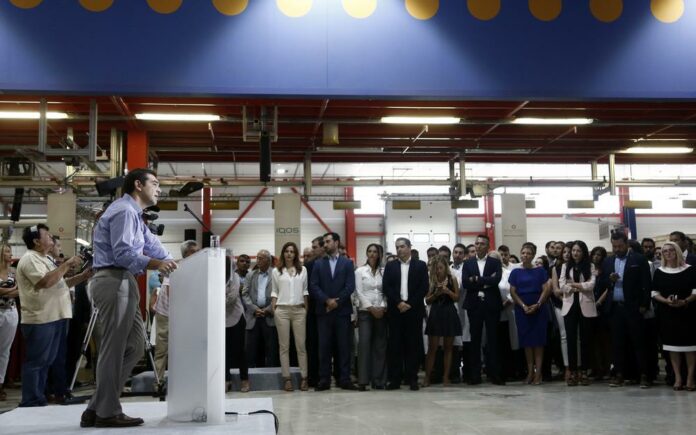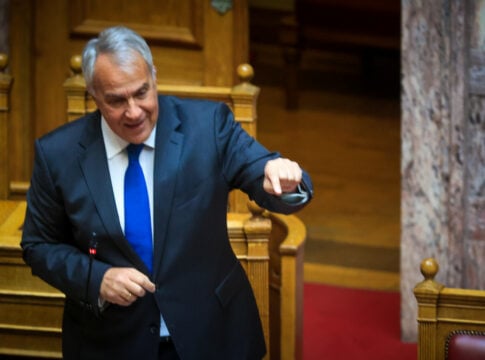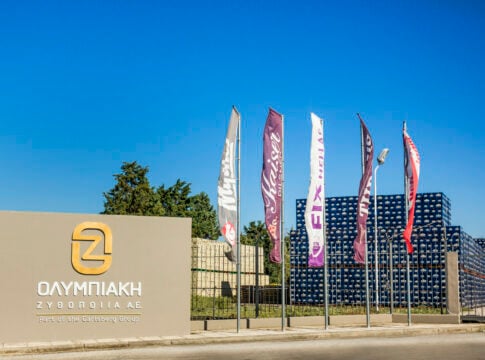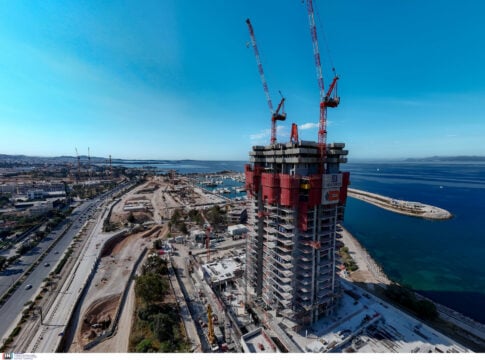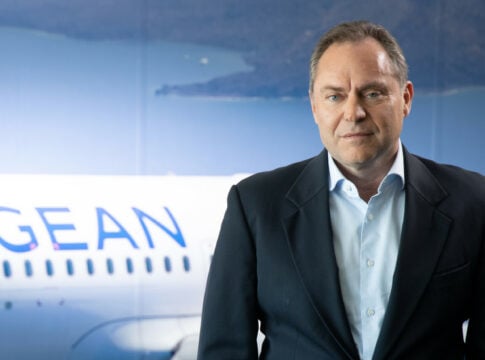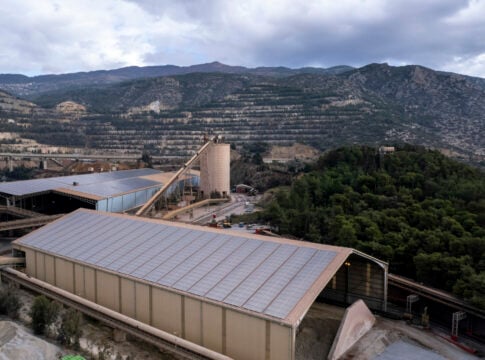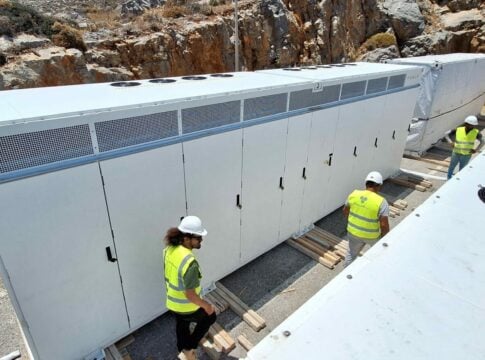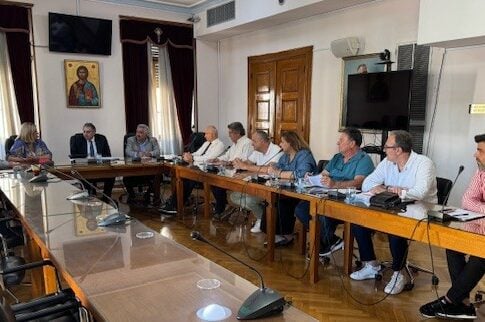Alexis Tsipras’ first visit to large private sector enterprise as Greek prime minister yielded a tantalizing bit of news on Tuesday, as the latter told assembled workers at a new state-of-the-art cigarette manufacturing plant west of Athens that he couldn’t believe back in crisis-plagued 2015 that a business would proceed with such a large investment in Greece.
“I want to reveal something to you. The first time that I met with (Papastratos CEO Christos) Mr. Harpantidis as prime minister, back during the difficult days of 2015, when the vast majority of investors rightly considered that the economy was in a very difficult situation … he came and told me that he was thinking of investing 300 million euros in Greece. And when he left my office, I turned to (Dimitris) Tzanakopoulos, who was then my chief of staff, and told him: ‘Are you sure he’s (Harpantidis) not fooling us?’ And he wasn’t fooling us,” Tsipras explained to somewhat surprised workers and management.
Papastratos Philip Morris International is rapidly implementing a 300-million-euro investment for new facilities in Greece, with the initial impact to include the creation of up to 400 jobs in the still bailout-dependent country.
The multinational cigarette manufacturer said its new unit for production of iQOS products at the current facilities in Aspropyrgos, west of Athens proper, is the centerpiece of its investment.
The new unit will mark the third major facility by the US multinational in Europe, after Italy and Switzerland, for producing the iQOS line. The new unit is scheduled to come on line by the end of 2017.
Once operational, some 20 billion iQOS sticks will be produced in Greece with locally grown tobacco.
In other statements, Tsipras, the Greek premier since January 2015, claimed that the unemployment rate in the country was falling steadily and could even fall under 20 percent next year.
In response to this repeated statement by the leftist-rightist government, the opposition has pointed out that the large majority of new jobs created in the country are part-time and seasonal work, usually with remuneration at the lowest legal rates.


